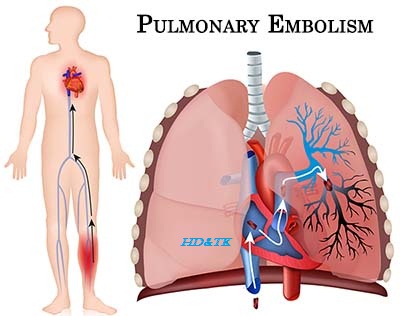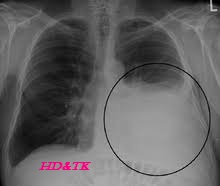Body Fluids and Salt in Exercise
As much as a 5- to 10-pound weight loss
has been recorded in athletes in a period of 1 hour during endurance athletic
events under hot and humid conditions. Essentially all this weight loss results
from loss of sweat. Loss of enough sweat to decrease body weight only 3 per
cent can significantly diminish a person’s performance, and a 5 to 10 per cent
rapid decrease in weight can often be serious, leading to muscle cramps,
nausea, and other effects. Therefore, it is essential to replace fluid as it is
lost.
Replacement of Sodium Chloride and
Potassium.
Sweat contains a large amount of sodium
chloride, for which reason it has long been stated that all athletes should
take salt (sodium chloride) tablets when performing exercise on hot and humid days.
However, overuse of salt tablets has often done as much harm as good.
Furthermore, if an athlete becomes acclimatized to the heat by progressive
increase in athletic exposure over a period of 1 to 2 weeks rather than
performing maximal athletic feats on the first day, the sweat glands also
become acclimatized, so that the amount of salt lost in the sweat becomes only
a small fraction of that lost before acclimatization. This sweat gland
acclimatization results mainly from increased aldosterone secretion by the
adrenal cortex. The aldosterone in turn has a direct effect on the sweat
glands, increasing reabsorption of sodium chloride from the sweat before the
sweat itself issues forth from the sweat gland tubules onto the surface of the
skin. Once the athlete is acclimatized, only rarely do salt supplements need to
be considered during athletic events.
Experience by military units exposed to
heavy exercise in the desert has demonstrated still another electrolyte
problem the loss of potassium. Potassium loss results partly from the increased
secretion of aldosterone during heat acclimatization, which increases the loss
of potassium in the urine as well as in the sweat. As a consequence of these
findings, some of the supplemental fluids for athletics contain properly
proportioned amounts of potassium along with sodium, usually in the form of
fruit juices.




Comments
Post a Comment